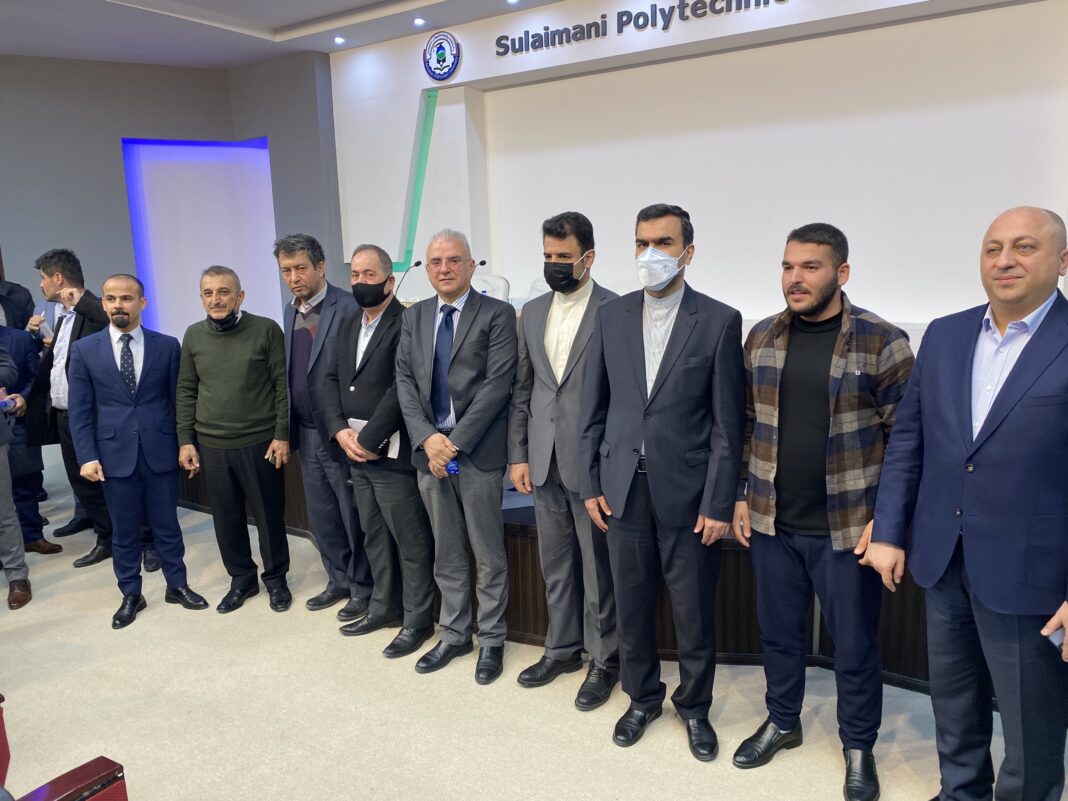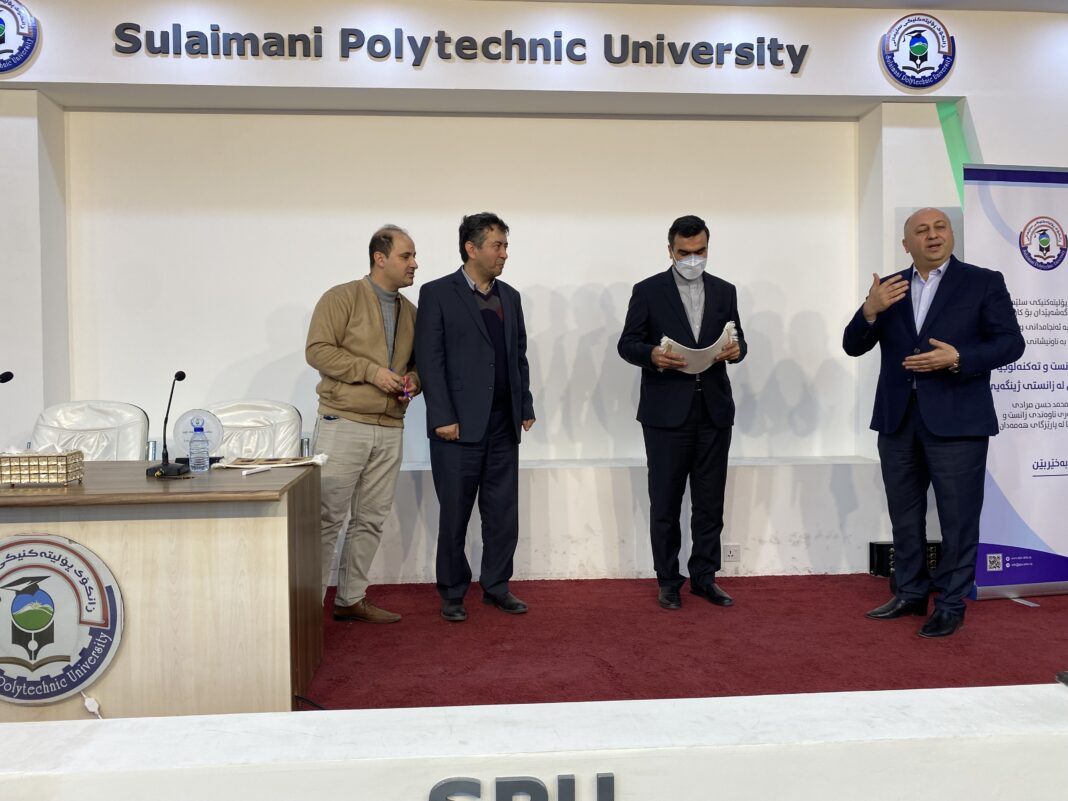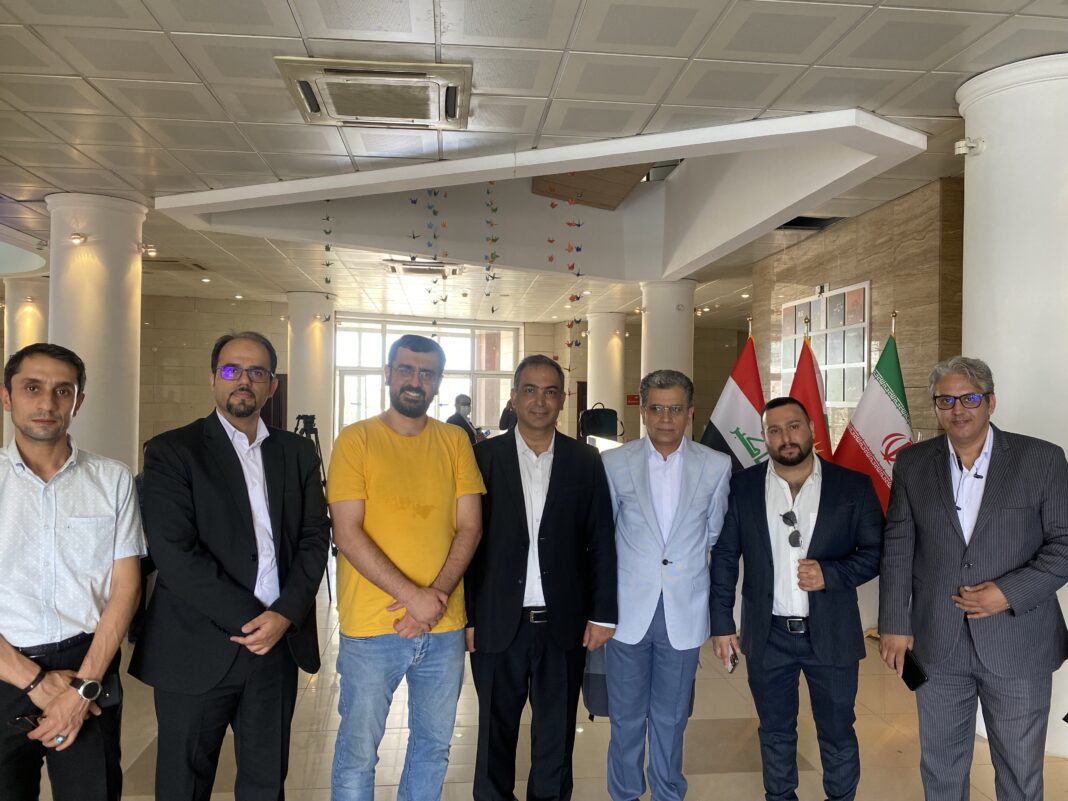1. Evolving Trade Policies
The KRG has been revamping its trade policies to encourage greater economic engagement with the global market. Efforts include tax exemptions, tariff reductions, and the introduction of free trade zones to stimulate both local and international investments.
2. Customs and Trade Facilitation
Kurdistan has made strides in simplifying customs procedures, reducing delays and enhancing trade facilitation. Streamlined customs processes and the adoption of e-commerce solutions are aimed at making it easier for businesses to export goods efficiently.
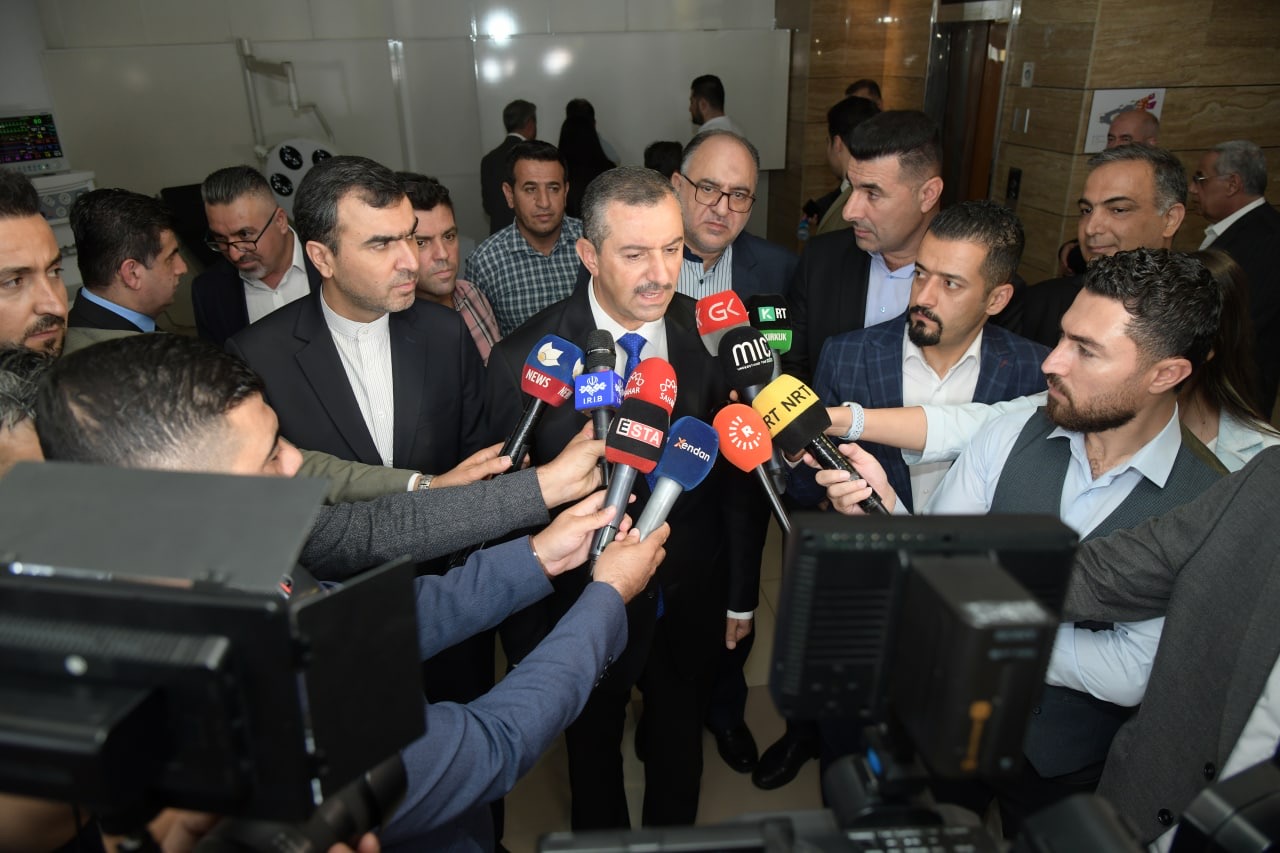
3. Investment in Export-Oriented Infrastructure
A focus on developing logistics hubs, transportation infrastructure, and ports has significantly boosted the region’s capacity to handle higher export volumes. With modern airports, roads, and border crossings, Kurdistan is enhancing its connectivity to regional and global markets.
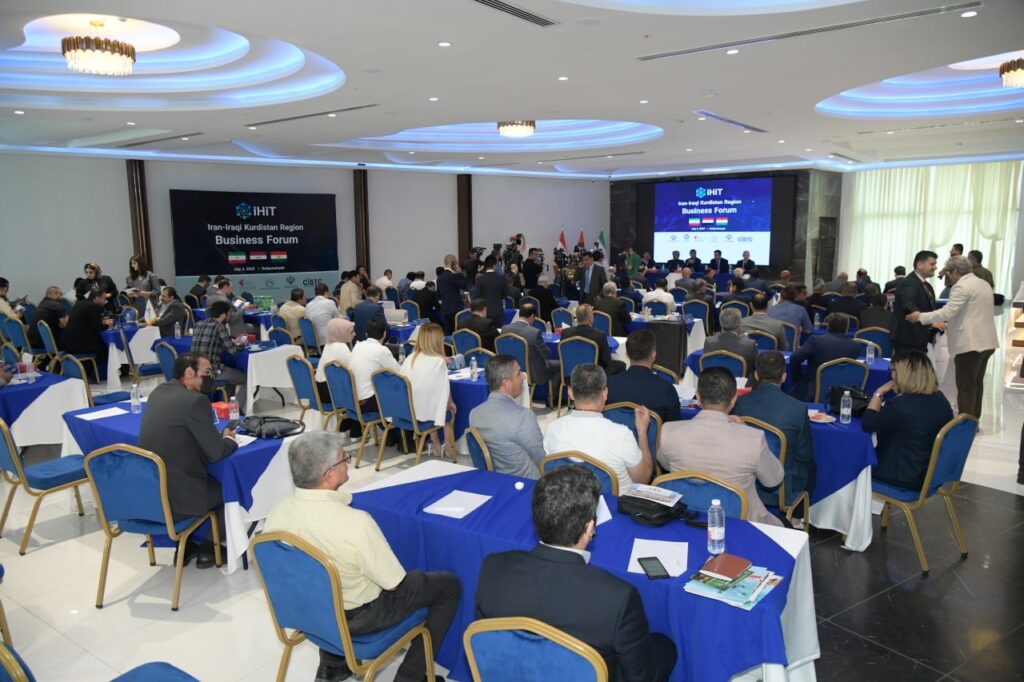
4. Export Incentives for Local Businesses
To support small and medium-sized enterprises (SMEs), the KRG has introduced several export incentive programs, including financial aid, training, and market access support. These initiatives aim to bolster local production and increase the global competitiveness of Kurdish businesses.
5. Overcoming Barriers to Export Growth
Despite progress, there are challenges such as limited access to financing, logistics bottlenecks, and geopolitical issues. The KRG continues to focus on improving the business environment, establishing regional partnerships, and strengthening trade relations with key markets to address these barriers.

